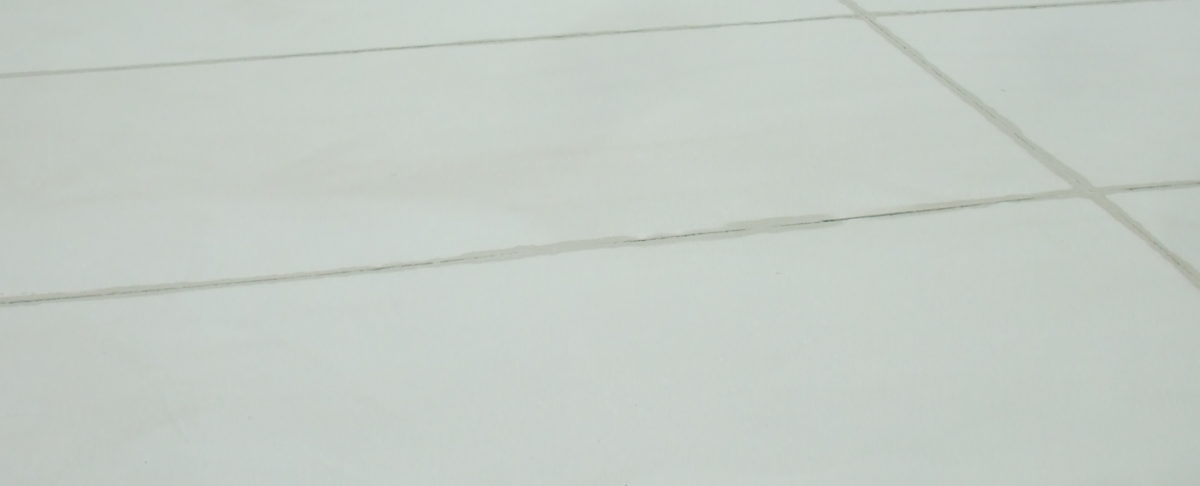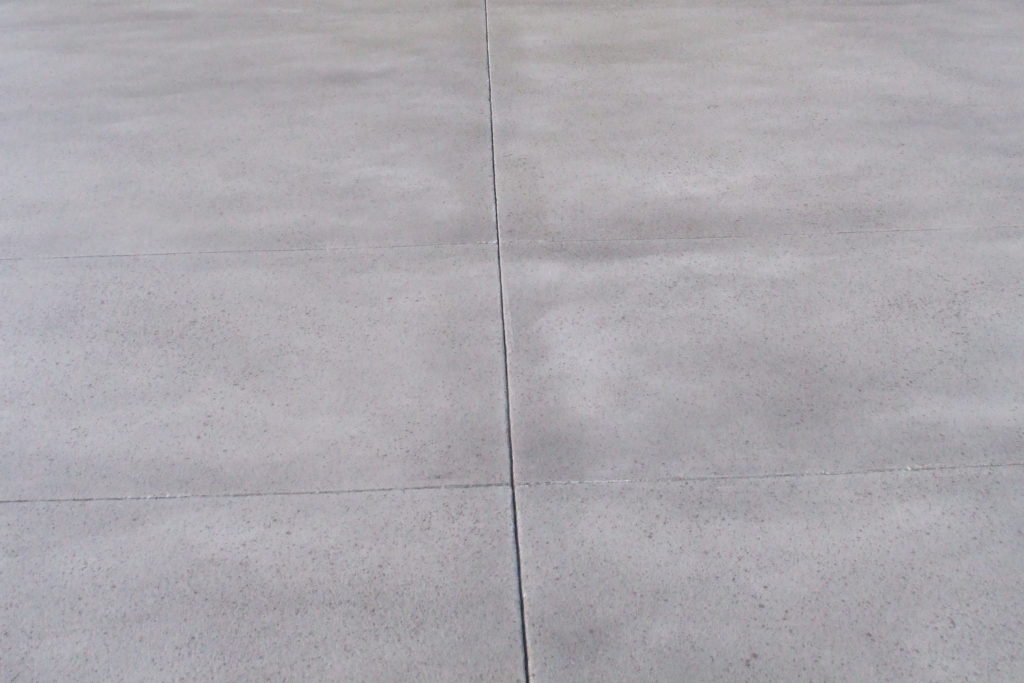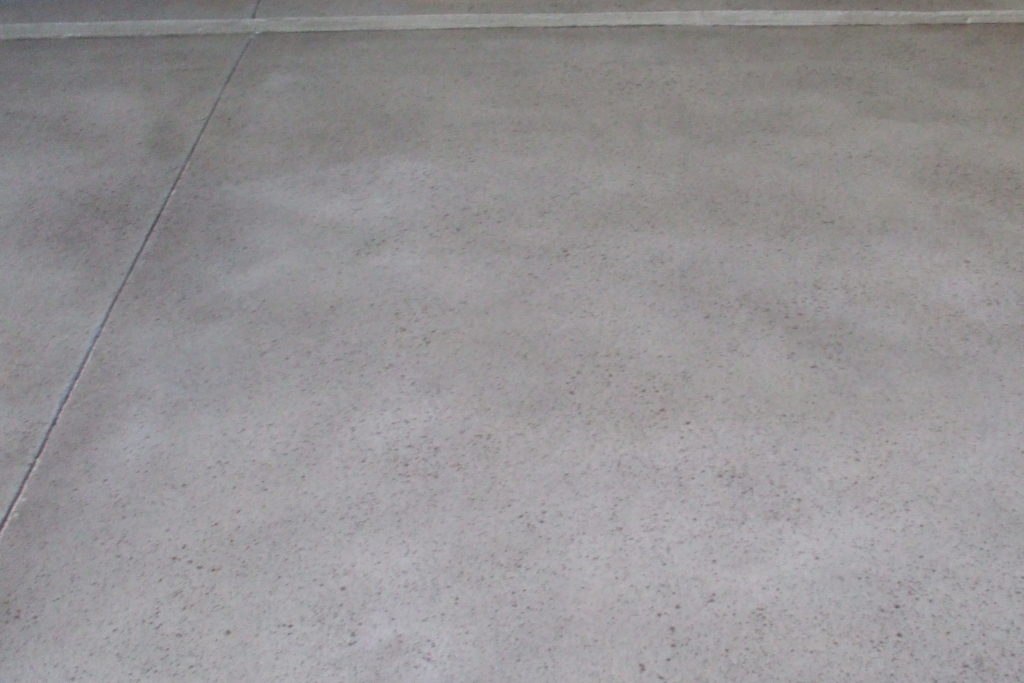The idea behind concrete has been around for a long, long time. The world we live in is filled to the brim with concrete roads, structures, features, and beyond. One widespread use for concrete is residential driveways. The modern mix that we have grown to use and love today is relatively new and uses Portland cement as a central ingredient.
A Brief History of Concrete
The truth is, the science and methodology behind concrete mixes are ancient. As we mentioned, today’s concrete mixes are made using Portland cement, aggregates, and water. You may be thinking, “wait, concrete and cement are different?” Yes, slightly. Concrete is made up of many ingredients, one of which is cement. When working to understand the history of concrete, it’s a necessary clarification. This is mostly because concrete-like structures have been around since 6500 BC in southern Syria and northern Jordan. Since then, the building material grew and evolved, spreading to regions like Rome, Egypt, China, and beyond. The world looked a lot different than you might have expected, as many areas used cement intensely for building materials. While the cement they used may not have looked like what we see today, it was cement all the same.
Note: An interesting thing happened during the Middle Ages. Concrete technology took a significant step backward after the fall of the Roman Empire (476 AD). The techniques and practices for making pozzolan cement were lost and were not uncovered again until 1414.
What’s So Good About Concrete?
There are tons of building materials floating around. So, what makes concrete so unique? Well, the fact that its foundational properties have been around for thousands of years should be evidence enough, but we understand if you need a bit more convincing.
It’s durable and long-lasting if properly installed and maintained. It won’t rust, burn, or rot — making it ideal for many solutions.
It’s sustainable compared to other building materials. That’s because it’s out of limestone. Limestone happens to be the most commonly found mineral on the planet. It’s also recyclable and can be crushed and reused as an aggregate for a new purpose.
Handles stormwater because most pavements that use concrete are “pervious concrete.” That means their structure allows water to pass through, retaining stormwater runoff and adding to local water supplies.
From its rawest form to its eventual demolition, concrete is a sustainable, energy-efficient, and eco-friendly building material that lasts. Architects, builders, and engineers all know the immense benefits of concrete, which is why it remains such a popular material.
Benefits Of A Concrete Driveway
So, we’ve covered some brief history on concrete. We also touched on why so many builders trust the integrity and sustainability of this building material. But, out of so many driveway pavers — why go with concrete? That’s why we’re here to share.
Curb Appeal
They say you shouldn’t judge a book by its cover, but they never said anything about driveways. Sometimes, beautiful is just better. While you can get stamped, colored, or exposed aggregate concrete — even the classic light gray can add incredible aesthetic and curb appeal to your home.
Maintenance
Concrete does have its downsides. One of which is the potential for cracking. However, sealers can significantly minimize the damage that could be done by moisture or de-icers. And contraction joints can confine cracking — which will save you from a massive headache in the future. Compared to other materials like asphalt, concrete lasts longer.
Investment Value
If you’re looking to save a few bucks, you have probably considered asphalt. But the truth is, concrete is a pavement that will be far less expensive in the long run. In fact, it’s an investment. As we said, concrete lasts longer, but that’s not all. The maintenance costs associated with concrete are far less than asphalt.
Surface Properties
For Minnesotans, the load-bearing capacity plays a big part regarding which paver surface you choose. Many of us own larger trucks, RV’s, or boats — which can have a significant impact on your driveway. Concrete can handle much heavier loads than alternative surfaces. Plus, unlike asphalt, concrete doesn’t leave behind any dissolution or oily materials after installation. And, hot days don’t cause concrete to become soft. Another potential benefit of concrete is that it won’t get extremely hot compared to asphalt.
Eco-Friendly
We mentioned the sustainability factors of concrete before, but we’ll repeat them. The production and placement of concrete require far less energy — and the mass availability of limestone makes the building material cheaper and more efficient to produce. Plus, the recyclable nature of concrete makes it reusable, furthering its eco-friendly design.
Improves Resale Value
We briefly touched on this when we talked about the investment value of a concrete driveway. Think about what type of pavement you would prefer when buying a new house. The answer to this is most likely concrete. This makes selling your home much easier and gives you not only peace of mind but a higher value on your property.
Find The Right Contractor
The right driveway paving material means nothing if you don’t have the right contractor to lay it all down. Experts with on-going training are where you want to look. Experience is another excellent indicator of a contractor you can trust with your concrete driveway installation.
Here at Richfield Blacktop, we’ve laid over 8.5 million square feet of asphalt and concrete in Minnesota. We would love to help give your home the driveway it deserves. Contact us today.






